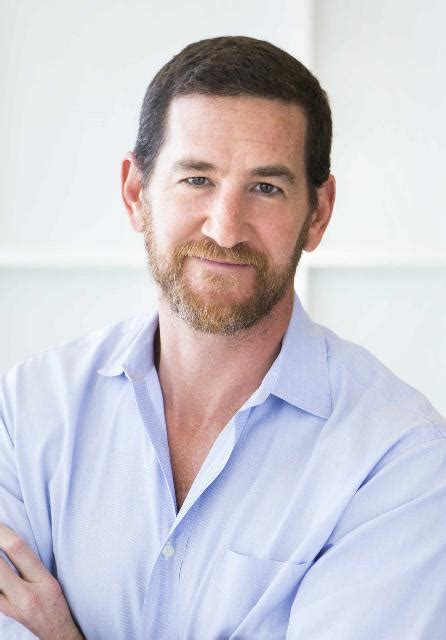A Quote by Walker Percy
Small disconnected facts, if you take note of them, have a way of becoming connected.
Related Quotes
I am beginning to believe that nothing can ever be proved. These are honest hypotheses which take the facts into account: but I sense so definitely that they come from me, and that they are simply a way of unifying my own knowledge. Not a glimmer comes from Rollebon's side. Slow, lazy, sulky, the facts adapt themselves to the rigour of the order I wish to give them; but it remains outside of them. I have the feeling of doing a work of pure imagination.
Steve Jobs was not an engineer: He was a brilliant individual with this ability to see around corners, to see things that other people couldn't see. I've learned over the years in the Apple that there are some really talented people who can take the same evidence, the same facts, and look at them and see them in a way that interprets those facts entirely different than most people do.
One of the most abused country on earth is Mexico. The marketing spills over the border, and people are persuaded to eat food that's bad for them, more in rich countries than in poor ones. I was traveling the world. What really struck me was the way we engage with food - how it's a global phenomenon - the world becoming more and more disconnected from it.
In the field one has to face a chaos of facts, some of which are so small that they seem insignificant; others loom so large that they are hard to encompass with one synthetic glance. But in this crude form they are not scientific facts at all; they are absolutely elusive, and can be fixed only by interpretation, by seeing them sub specie aeternitatis, by grasping what is essential in them and fixing this. Only laws and generalizations are scientific facts, and field work consists only and exclusively in the interpretation of the chaotic social reality, in subordinating it to general rules.
I don't like realism. We already know the real facts about li[fe], most of the basic facts. I'm not interested in repeating what we already know. We know about sex, about violence, about murder, about war. All these things, by the time we're 18, we're up to here. From there on we need interpreters. We need poets. We need philosophers. We need theologians, who take the same basic facts and work with them and help us make do with those facts. Facts alone are not enough. It's interpretation.
What I feel now is connected to people. I feel connected and I feel a lot of love for people. I feel the possibility of what building social movements and what working together in struggle creates. Whatever that energy is, it feels a lot better than what I felt when I was younger - which was worthless and disconnected and isolated and alone.





































